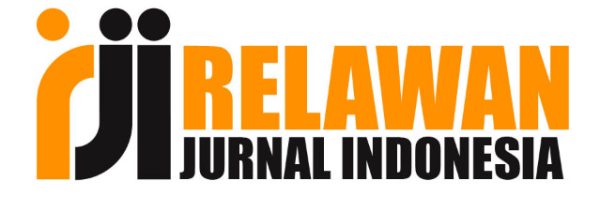Understanding Public Policy in Islam
Institutionalizing Unity, Purposefulness, Collective Decision-Making and Rectification
DOI:
https://doi.org/10.52100/jcms.v1i1.50Keywords:
public policy, decision, leadership, neoliberalism, unity, rectification, collective decision-making, Tawhid, Maqasid, Shura, Islah, Maqasid al-Shari’ahAbstract
This paper presents an original model for Public Policy in Islam (PPI). It asserts that the four key elements of unity, purposefulness, civic engagement and rectification that characterise PPI offer an infinitely better alternative to the neoliberal ideology that currently constrains policy especially at the global level. It demonstrates the importance of revelation, i.e., the Quran and Sunnah, in defining the purposes of policy and governance, while remaining sufficiently open and flexible to allow adaptation to diverse contexts and to respond to changing and complex questions.
References
الغزالي، محمد. نحو تفسير موضوعي لسور القرآن الكريم، دار الشروق، القاهرة، الطبعة الرابعة، 2000.
عودة، جاسر. المنهجية المقاصدية: نحو إعادة صياغة معاصرة للاجتهاد الإسلامي، اسطنبول، دار المقاصد بالتعاون مع معهد المقاصد، 2021.
ثانيا: الأجنبية:
Abdelgafar, Basma. Public Policy: Beyond Traditional Jurisprudence. London: IIIT, 2018.
Auda, Jasser. Re-envisioning Islamic Scholarship: Maqasid Methodology as a New Approach. Wales: Caritas, 2021.
Draz, Muhammad Abdullah. The Moral World of the Qur’an. New York: I.B. Tuaris, 2008.
Kamali, Mohammad Hashim. Freedom of Expression in Islam. Kuala Lumpur: Ilmiah Publishers, 1998.
Klein, Naomi. The Shock Doctrine: The Rise of Disaster Capitalism. Toronto: A.A. Knopf Canada, 2007. Rayside, David-Sabin, Jerald et al. Religion and Canadian Party Politics. Vancouver: UBC Press, 2017.
Stiglitz, Joseph E. Making Globalization Work. New York: WW Norton and Company, 2006.
Downloads
Published
How to Cite
Issue
Section
License
Copyright (c) 2021 Journal of Contemporary Maqasid Studies

This work is licensed under a Creative Commons Attribution-NonCommercial 4.0 International License.






